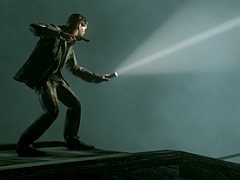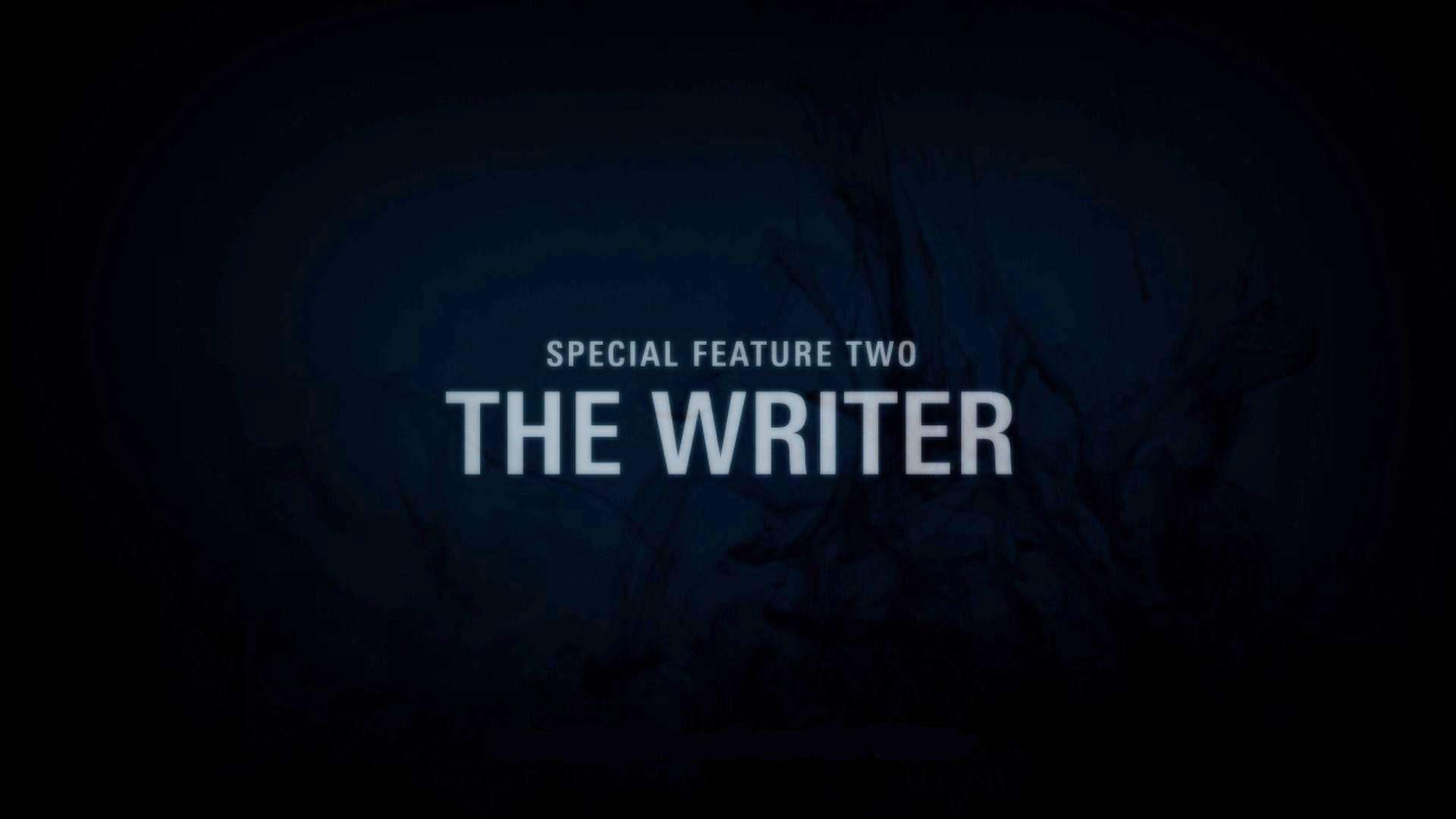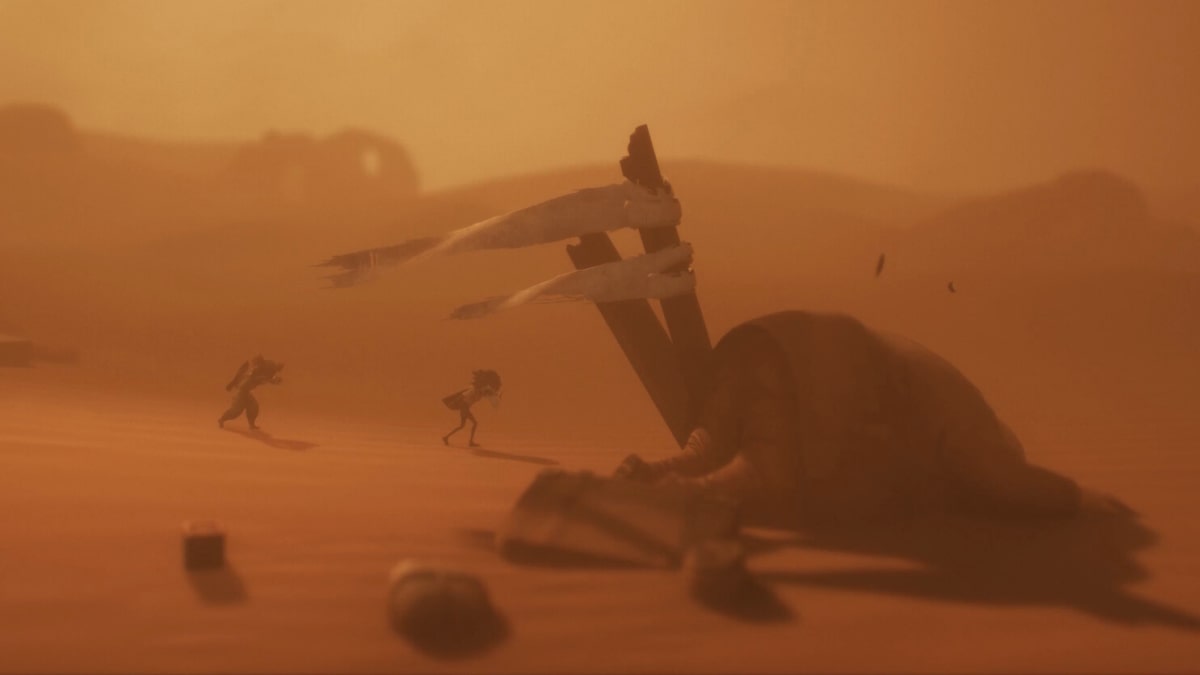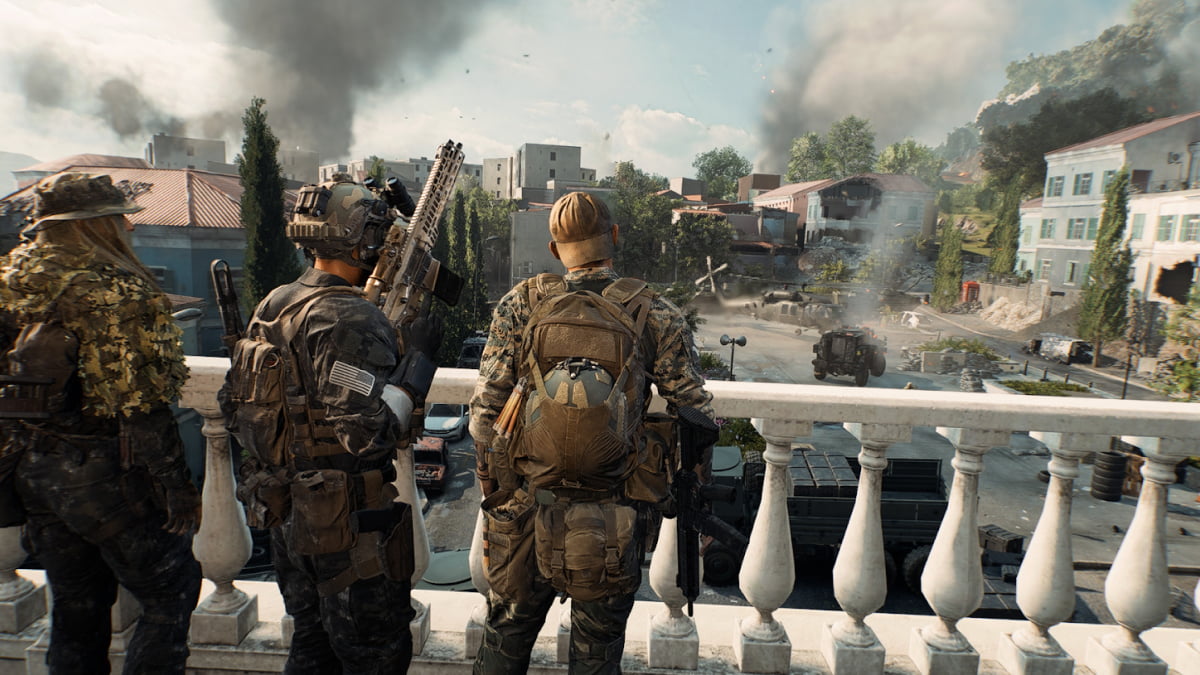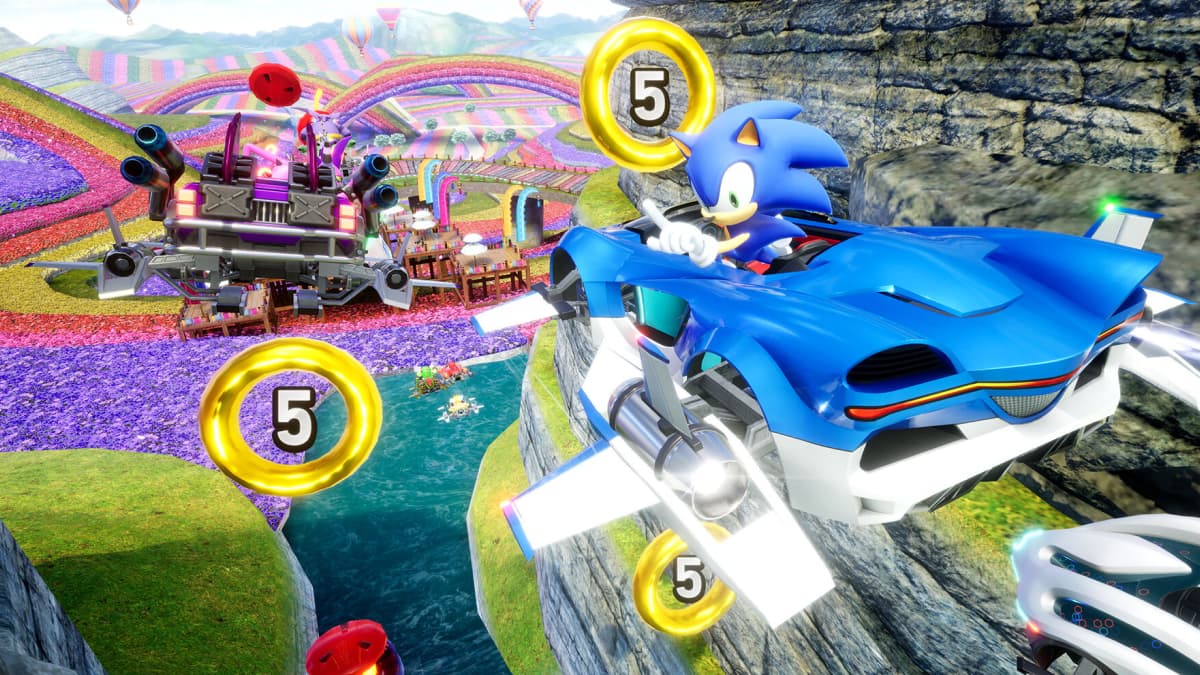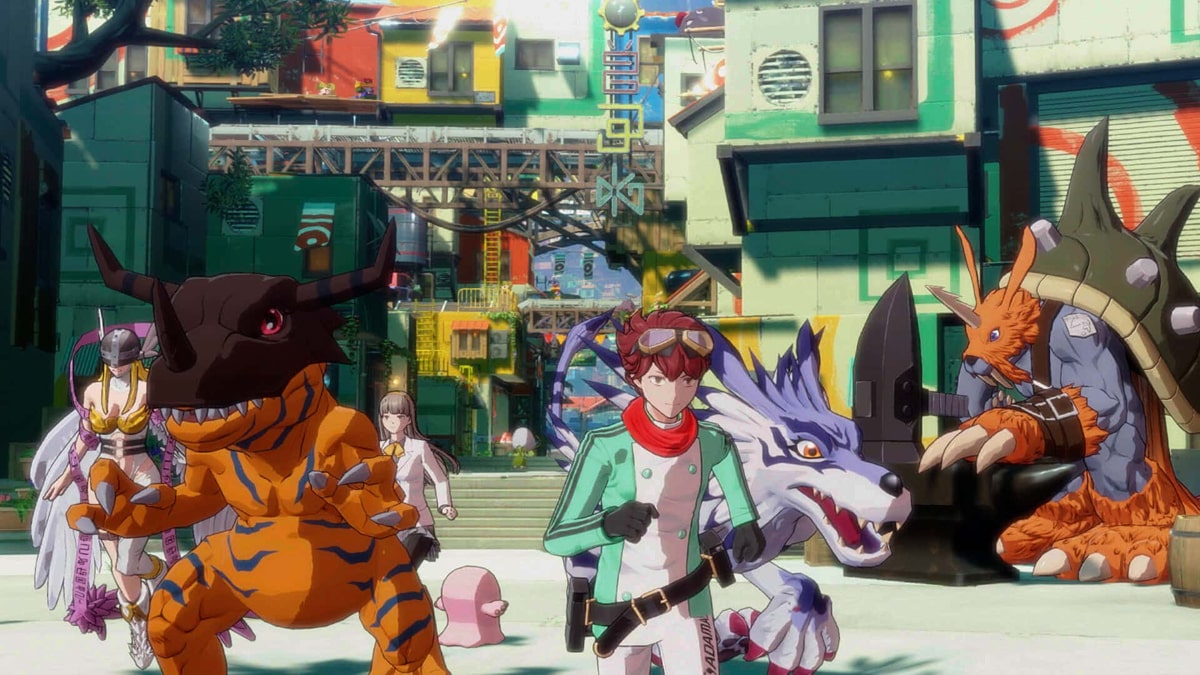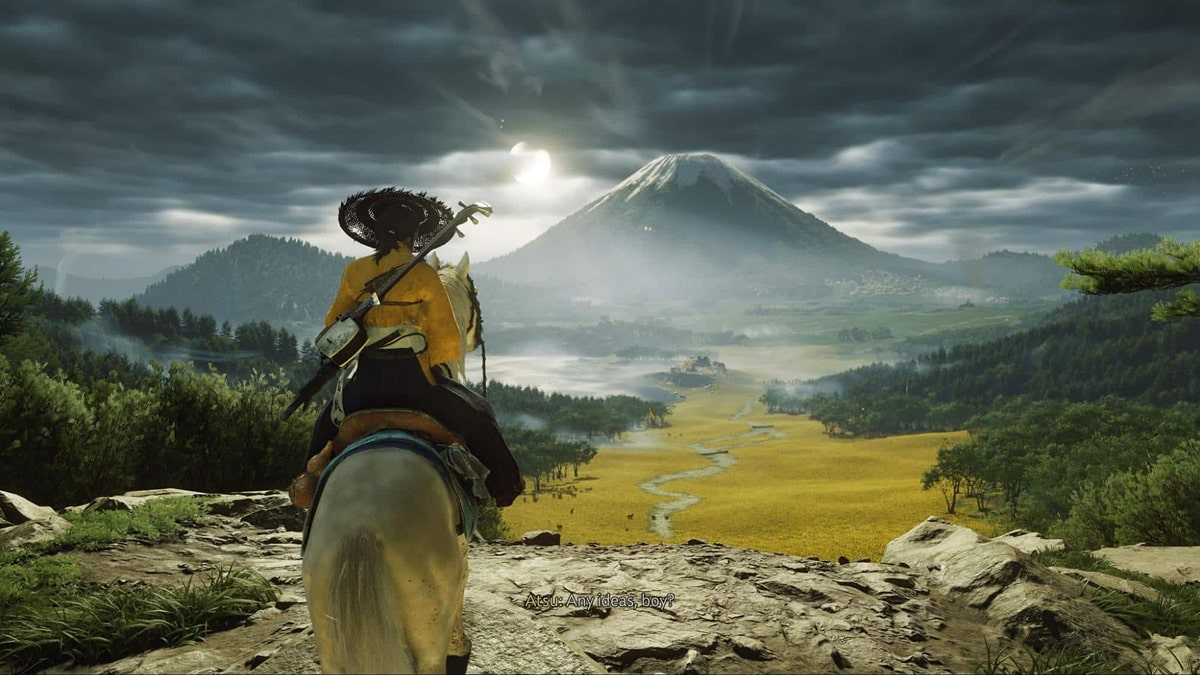You can trust VideoGamer. Our team of gaming experts spend hours testing and reviewing the latest games, to ensure you're reading the most comprehensive guide possible. Rest assured, all imagery and advice is unique and original. Check out how we test and review games here
WARNING: The Writer is a narrative-heavy addition of content, and discussing it without referring to plot developments from the previous games is nigh on impossible. Proceed with caution if you’ve yet to play Alan Wake, or its first special feature, The Signal.
Poor old Alan has been given a hard time of late. He’s been labelled as pretentious, arrogant, and irritating – in addition to a host of other words that aren’t fit to repeat. He seems to be especially unpopular here at VG towers, with certain members of staff frequently quoting him in derogatory tones. I’m one of the few people that defend the trendy hoody-wearing writer, hence why I’ve been given both pieces of DLC to review. I get it, you see. I’m in tune with it. It’s like Lost in that respect, you need to immerse yourself in it to enjoy it, at which point it opens itself to joyous debate and theorising. The people that hated on The Signal (of which there were many), perhaps, didn’t ‘get it’. And I fear this could be the case with The Writer, too. Don’t listen to them though. They’re wrong.
As with the first special feature, The Writer finds Mr Wake jaunting about the depths of his subconscious; a place referred to as the Dark Place. No, not Garth Merenghi’s hospital, but a selection of environments from Bright Falls, warped and twisted by Wake’s dangerous imagination. While the first special feature had Barry chaperoning the writer through his nonsensical wasteland, this time he’s replaced by Thomas Zane, the poet that used to live at Divers Isle. Other than dropping speculative hints about Alan Wake 2, Zane’s purpose is to guide Wake to his body, which is asleep at the Cabin. The rational part of Wake’s mind is trapped in the Dark Place, whilst his physical (and mentally unhinged) self is trapped in the real world. The object of The Writer is to reunite the two.
The DLC starts in the garden of Dr Hartman’s lodge, with Wake looking to find a route through to his old pal Barry, who is jabbering on about something or other behind a locked gate. Finding an alternate route round, Wake is reunited with his torch (you get the heavy duty torch from the off this time) and then it’s a simple case of following the waypoint on your compass. You’re off to a lighthouse this time, which can be seen shining away in the distance for the majority of the game. You can take the odd detour to search for Night Springs video games (the equivalent of coffee flasks and alarm clocks), but like The Signal, it’s a fairly linear affair.
The Writer takes the abstract gimmick introduced in The Signal and runs wild with it. Shining your torch on glowing words littered about the dark environments will transform them into tangible objects, like a bridge or a ladder. This mechanic is integrated into combat too, prompting you to use words like ‘boom’ and ‘crumble’ to create environmental attacks, capable of destroying large groups of Taken without even having to pull the trigger. One of the several new achievements asks that you survive the approach to the lighthouse without firing a bullet, where the aforementioned mechanic really comes into its own.
This is just one of several memorable set pieces, all of which are squeezed into a comparatively small piece of DLC. One section finds Wake moving through a rotating wheel of rooms, with apparitions of characters from the game shouting cryptic nonsense as he plods through. As it turns, gravity rolls objects that previously blocked the way, and opens doors that it once held in place. You’ll jump down holes that were once skylights and defy the laws of physics by running across ceilings.
It’s far more surreal than anything Wake’s mind has conjured up previously, a fact that his rational mind is well aware of. His subconscious is no longer bothered about masking the Dark Place as reality, which has allowed Remedy to go to town with the physics and abstract mechanics. This allows for some interesting character development too. A therapy session between Dr Hartman and an imitation of Wake with a TV screen for a head is particularly impressive, plunging further into the depths of Wake’s unstable psyche. As a character, Wake is more chilled out this time around. He has come to terms with the fact that his subconscious is running wild, and is less of a whinger because of it. His confidence is refreshing.
I’d like to describe the fight preceding the last cutscene, but for fear of spoilers I’ll simply say this: the last moments of gameplay are fantastic; a whole lot better than fighting inanimate objects in The Signal (this, incidentally, is kept to a minimum in the Writer). The cutscene itself, whilst slightly predictable, is also incredibly fitting and will make Wake fans grin ear to ear with excitement. The DLC as a whole doesn’t take long to complete, a couple of hours at the very most, but it’s incredibly well paced, peppered with memorable set pieces, some narrative bombshells and just the right amount of combat to stitch everything together. It’s much better than The Signal. Depending on the tastes of the critic, The Writer might not review so favourably (it could be perceived as a bit waffley). But as a fan of Alan Wake, hopefully speaking to other fans of Alan Wake I can tell you that The Writer is immensely enjoyable.
